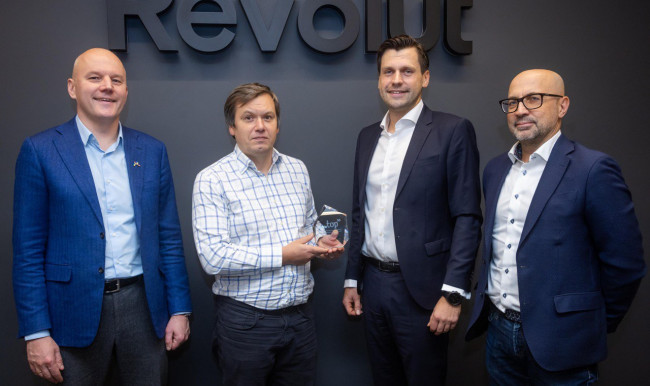The world is moving into a future where every single industry involves IT. In 10 years' time, either your company will have an IT department or it will be dead and gone, as others, who are learning to automatize processes with IT will have out-rivaled you. IT component will be present in even such industries where we currently can't see it. The proportion of IT will grow in every business and every service industry. Latvia is no exception.
Here’s couple of examples. The new container terminal in the Rotterdam port is fully robotized. This has allowed it to become more efficient and increase the number of containers lifted by each crane almost twice. Europe's largest port has become even more competitive. Likewise, the major international companies in various ore mines are using computerized quarry ore transportation vehicles. Similar examples can be found all around and there are still more to come.
The increase companies' value in the IT&T sector by 15% is only logical and is not even that high. The value could be even higher, if all invisible IT industry would be accounted for. Significant value added is created by the invisible IT companies. These are large international companies that hire high level engineers in Latvia. People acquire knowledge in these companies and later start out on their own.
In Latvia we still don't see various types of automation or what is called the Internet of Things or production 4.0. These are buzzwords, of course, but they entail the increase of the IT component everywhere. In 10 years driver-less commercial transport will be a norm.
As the binder and developer of other sectors, IT is the most competitive area concerning future development. Therefore, the state education system should concentrate more on STEM (science, technology, engineering, math) sciences. This factor would increase Latvia's competitiveness.


